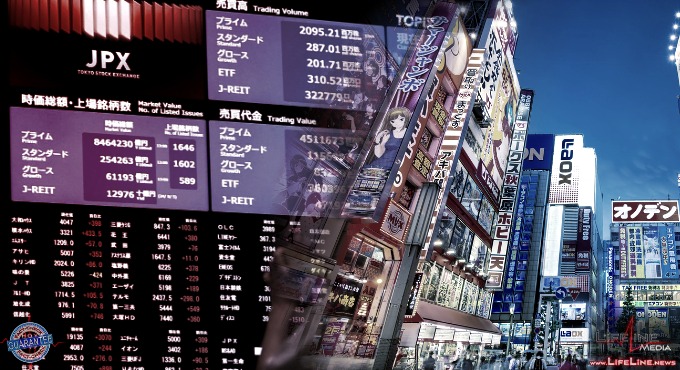Asian markets began the week on a somber note, reflecting investor apprehension and unmet expectations. Hong Kong’s Hang Seng Index experienced a sharp drop of over 2%, highlighting widespread disappointment in the financial landscape. The catalyst for this downturn was China’s much-anticipated stimulus package, which fell short of the grandiose hopes pinned on it.
China unveiled a 6 trillion yuan initiative aimed at refinancing local government debt to address its economic challenges. However, this move failed to impress investors, lacking the boldness many had anticipated. Stephen Innes from SPI Asset Management commented that China’s approach seemed more focused on maintaining equilibrium rather than sparking robust growth.
Adding to market dismay was China’s inflation data. October saw only a modest inflation increase of 0.3%, further dampening investor sentiment and casting shadows over future prospects.
The Hang Seng Index plummeted to 20,270.77, while Shanghai’s Composite Index dipped by 0.4% to settle at 3,437.90. Despite these declines, some investors remain optimistic, holding onto hopes for eventual market recovery.
In sum, Asian markets are navigating through a complex web of cautious optimism and lingering concerns as they adjust course amidst evolving economic signals and geopolitical currents. For now, investors tread carefully, balancing hope against realism in their quest for clarity amidst uncertainty.
The broader implications of these developments extend beyond Asia. Global markets are closely watching how China’s economic policies will influence trade dynamics and investment flows worldwide. The muted response to China’s stimulus package underscores the challenges faced by policymakers in reigniting growth without exacerbating existing vulnerabilities.
Moreover, the stability in currency markets suggests that central banks may maintain current monetary policies until clearer economic signals emerge. This cautious stance reflects an overarching theme of prudence among investors and policymakers alike as they navigate an uncertain global landscape.
Overall, while Asian markets face immediate hurdles, the long-term outlook remains contingent on how effectively regional economies adapt to shifting global conditions and internal challenges. Investors are advised to stay informed and agile as they navigate these turbulent times, seeking opportunities amidst potential risks in an ever-changing economic environment.


Join the discussion!
Be the FIRST to comment on ‘ASIAN MARKETS Shock: China’s Stimulus Fails to Ignite Growth’